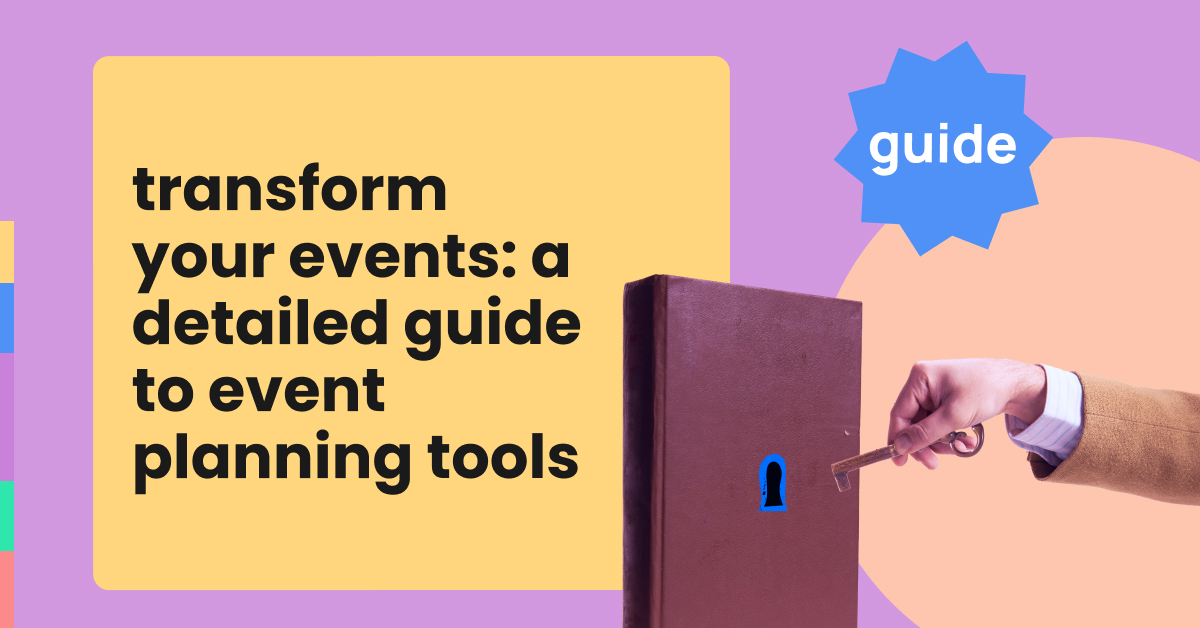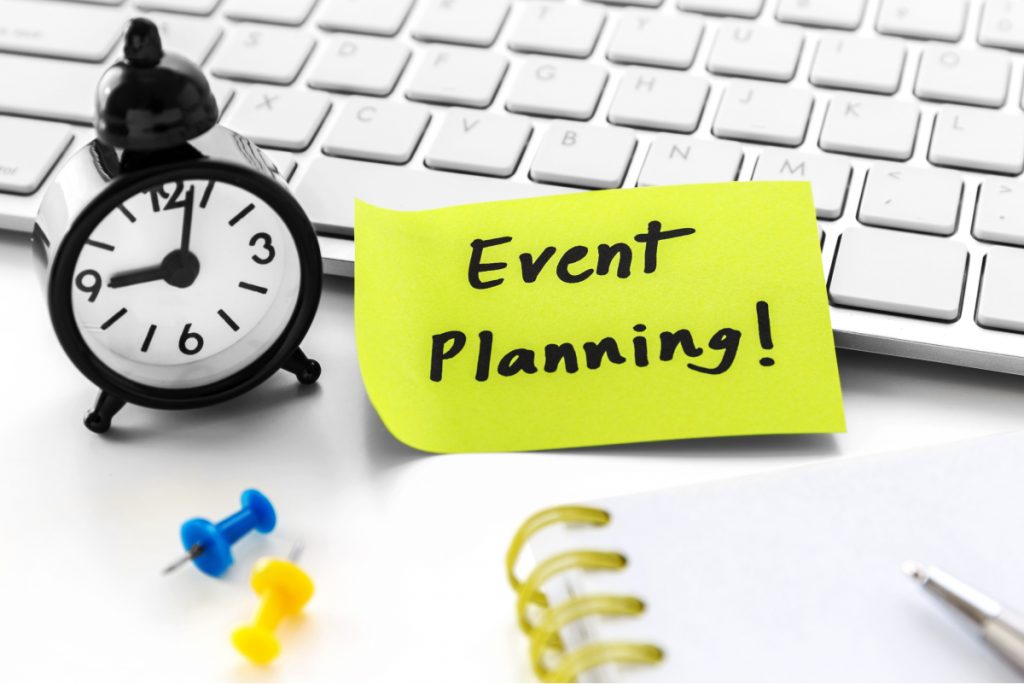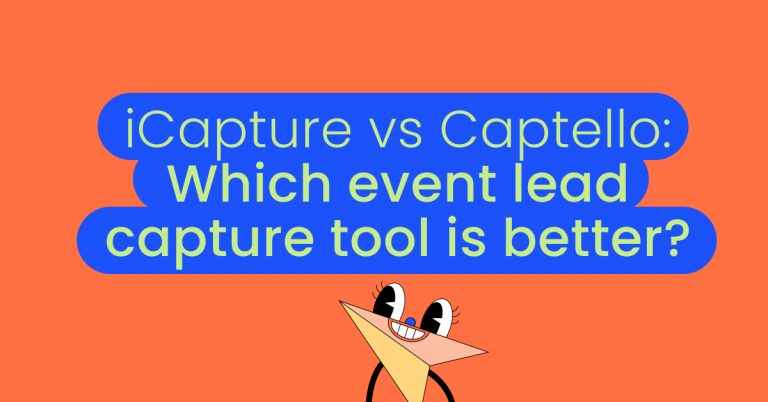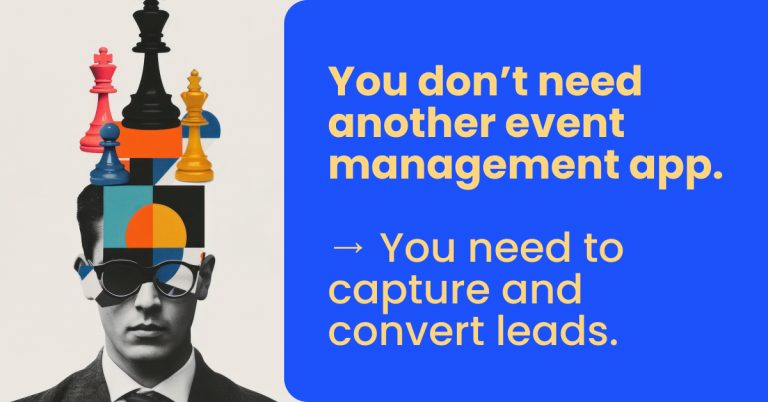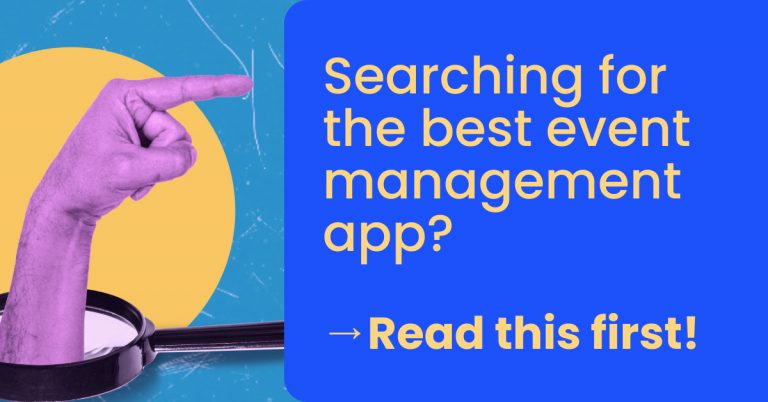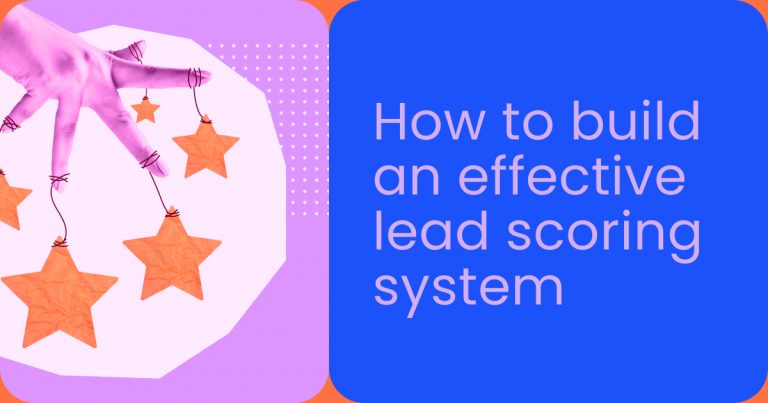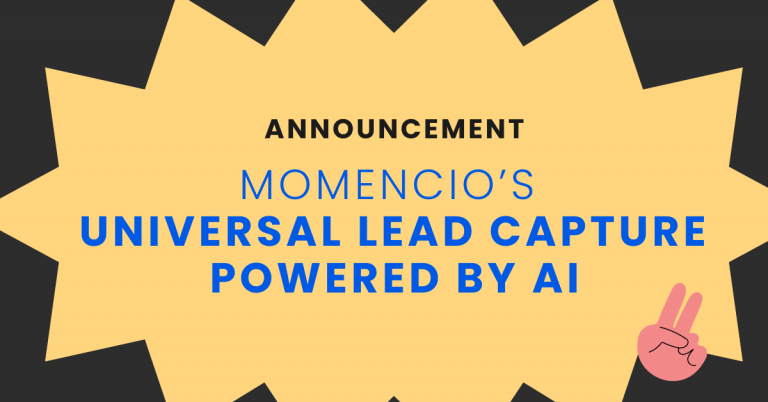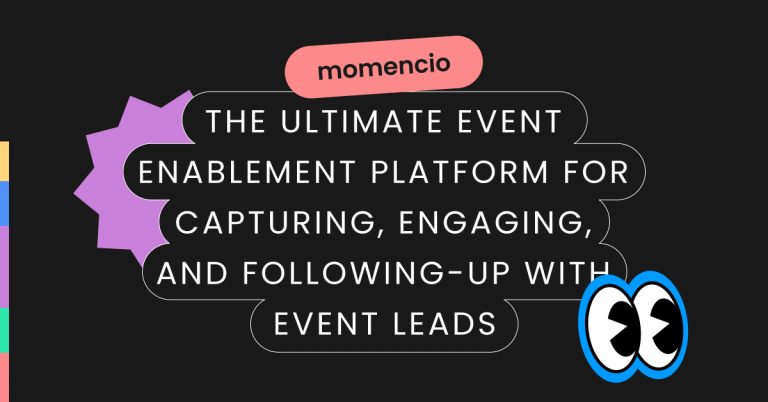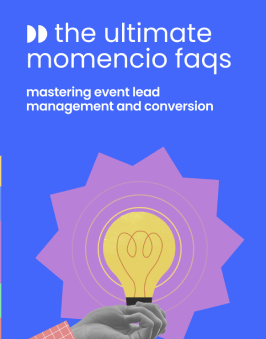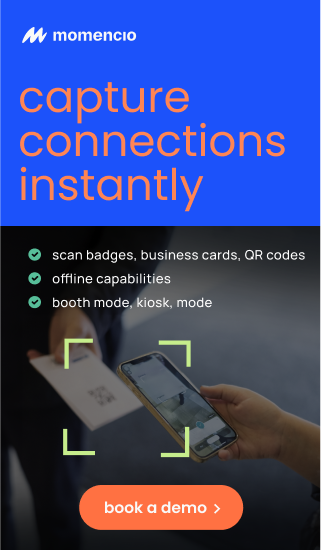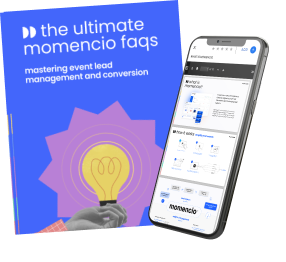As we step into 2024, the landscape of event planning continues to evolve, with technology playing an increasingly pivotal role in shaping how we organize and manage events. For event planners, marketers, and vendors alike, leveraging the right event planning tools is not just a matter of convenience but a necessity to stay competitive and efficient. This guide is designed to walk you through the essential event planning tools that will dominate the scene in 2024, helping you streamline your workflow, enhance attendee engagement, and maximize the return on investment for your events. From comprehensive event planning apps and software to cutting-edge technology trends, we’ll explore what makes these tools indispensable for modern event professionals. Whether you’re organizing a small event or a large-scale conference, understanding which tools are essential for event planning in 2024 will set the foundation for your success.
Evaluating Event Planning Tools
Event planning tools have become indispensable for professionals looking to streamline their event management processes. However, with a plethora of options available, evaluating and selecting the right tools can take time and effort. Here are key considerations to guide you through this crucial selection process.
Research Thoroughly
Start with deep market research to understand the landscape of event planning tools available in 2024. Look for tools that offer a blend of robust features, including attendee management, ticketing, scheduling, and real-time analytics. It’s essential to compare various platforms based on their functionalities, scalability, and compatibility with other software you might be using. Consider tools like momencio, which, with its innovative Universal Lead Capture (ULC) technology, offers a versatile solution for capturing and enriching event attendee data, thereby enhancing engagement and follow-up strategies.
Focus on Integration
In today’s digital ecosystem, the ability of event planning tools to integrate seamlessly with other systems, such as CRM, email marketing platforms, and social media, is crucial. Integration enhances the efficiency of data flow and simplifies the management of various event aspects. Look for platforms that provide easy integration capabilities, allowing you to maintain a cohesive workflow. momencio’s integration with leading CRMs and marketing automation platforms is a prime example of how event planning tools can enhance the overall event management process by ensuring that lead data is captured, enriched, and readily available for follow-up actions.
Assess User-Friendliness
The user experience offered by the event planning tools is critical for ensuring widespread adoption within your team. Select tools that are intuitive, easy to navigate, and require minimal training. This not only accelerates the onboarding process but also ensures that your team can leverage the tool’s full potential. User-friendly tools like momencio are designed with a focus on simplicity and effectiveness, ensuring that event planners and marketers can focus on what matters most—delivering successful and impactful events.
Top Event Planning Tools for 2024
As we delve into specific event planning tools that stand out in 2024, it’s important to consider platforms that offer a comprehensive suite of features, from lead capture to post-event analysis. Tools that prioritize data accuracy, integration capabilities, and user engagement will be at the forefront, helping event professionals deliver memorable experiences while maximizing ROI.
Benefits of Integrated Planning Software
Integrated event planning software offers numerous benefits, including streamlined workflows, centralized data management, and enhanced team collaboration. Platforms that enable a holistic view of the event lifecycle, from planning through execution to post-event analysis, empower teams to make data-driven decisions, optimize resources, and improve event outcomes.
User-Friendly Event Planning Technologies
Selecting technologies that emphasize ease of use without compromising on functionality is critical to ensuring your event’s success. Tools that are accessible across devices, offer customizable templates, and provide real-time support can significantly reduce the complexity of event management, making it easier for teams to focus on delivering exceptional attendee experiences.
Top Event Planning Tools for 2024: Maximizing Efficiency and Engagement
Universal Lead Capture by momencio
One of the standout innovations in event planning tools is momencio’s Universal Lead Capture (ULC). ULC revolutionizes the traditional lead capture process by providing a seamless, automated solution that operates independently of event-specific APIs. This tool stands out for its versatility across various events, whether it’s a casual networking event or a large trade show, ensuring that event planners can capture and enrich attendee data with over 90% accuracy. ULC’s ability to integrate seamlessly with CRM systems makes it an indispensable tool for event marketers aiming to improve engagement and ROI.
Features and Benefits:
• Automated Data Entry and Enrichment: ULC automates the lead data capture process, significantly reducing the chances of errors and omissions and ensuring up-to-date information.
• Cost-Effectiveness: With ULC, there’s no need to pay for event-specific APIs at every event, making it a more cost-effective option over traditional methods.
• High Accuracy: Maintaining more than 90% accuracy in data capture and enrichment, ULC provides reliable data for effective engagement and follow-up strategies.
• Seamless Integration: ULC’s compatibility with existing CRM systems streamlines the management of captured and enriched data, enhancing the overall event marketing strategy.
Eventbrite: A versatile platform for event registration and ticketing, Eventbrite simplifies the process of managing event sign-ups and payments, making it ideal for a wide range of event types.
Cvent: Offering a comprehensive suite of solutions for event management, Cvent excels in creating engaging and personalized event experiences, with features ranging from venue selection to attendee engagement analytics.
Aventri: Known for its robust event management software, Aventri facilitates seamless event planning and execution with tools for registration, budgeting, marketing, and on-site operations.
Trello or Asana: While not exclusive to event planning, project management tools like Trello and Asana are invaluable for organizing tasks, deadlines, and team collaboration, ensuring that every aspect of the event is executed flawlessly.
Slack: Communication is critical in event planning, and Slack provides an effective platform for real-time messaging, file sharing, and coordination among event planning teams and vendors.
Social Tables: For event layout and design, Social Tables offers interactive floor plans and seating charts, enhancing the planning process for meetings, conferences, and social events.
Whova: Focused on attendee engagement, Whova provides an event app that offers networking opportunities, agendas, speaker bios, and more, enriching the attendee’s experience before, during, and after the event.
Hopin: As virtual and hybrid events continue to be popular, Hopin stands out for its comprehensive platform that supports virtual venues, networking, and interactive sessions, bridging the gap between in-person and digital experiences.
Optimizing Event ROI with Event planning tools
The introduction of tools like ULC by momencio signifies a significant shift towards more efficient, accurate, and integrated event planning solutions. By leveraging these advanced tools, event planners can not only streamline their workflows but also ensure higher attendee engagement and significantly improve event ROI. As we move further into 2024, adopting such innovative solutions will be vital to staying competitive in the dynamic landscape of event planning.
Benefits of Integrated Planning Software
The evolution of event planning in 2024 underscores the shift towards more integrated and seamless technological solutions. Integrated planning software has emerged as a critical tool for event planners, offering a myriad of benefits that enhance both efficiency and event success. Here, we explore how integrated planning software, exemplified by momencio’s comprehensive suite of features, revolutionizes event planning and management.
Streamlined Workflows and Enhanced Efficiency
Integrated planning software consolidates various event management tasks into a single platform, from attendee registration and ticketing to scheduling and analytics. This consolidation dramatically reduces the need for multiple tools, streamlining workflows and improving efficiency. For instance, momencio’s event lead capture, sales enablement, and follow-up features are integrated seamlessly, providing a unified solution that simplifies event management tasks.
Centralized Data Management
One significant advantage of integrated planning software is centralized data management. By housing all event-related data in one place, planners can easily access, analyze, and act on insights in real time. momencio’s 360° insights feature offers a comprehensive view of lead engagement, allowing for informed decision-making and successful follow-ups. This centralized approach ensures that every piece of data, from attendee interactions to lead scoring analytics, contributes to a holistic understanding of the event’s performance.
Improved Team Collaboration
Integrated planning software facilitates better communication and collaboration among team members. With access to the same platform, teams can coordinate more effectively, assign tasks, and update each other on progress in real time. Features like momencio’s CRM integration enhance team synergy by providing a shared view of lead management and follow-up strategies, ensuring that everyone is aligned with the event’s objectives and strategies.
Enhanced Attendee Experience
The ultimate goal of any event is to provide a memorable and engaging experience for attendees. Integrated planning software plays a pivotal role in achieving this goal by enabling personalized interactions, streamlined registration processes, and real-time updates. For example, momencio’s personalized microsites and automated email marketing campaigns ensure attendees receive tailored content and communications, enhancing their overall event experience.
Data-Driven Decision Making
Lastly, integrated planning software empowers event planners with data-driven analytics and insights, enabling them to make informed decisions that optimize event outcomes. Real-time analytics and lead scoring provide a clear picture of what’s working and what isn’t, allowing planners to adjust their strategies on the fly. With momencio’s intelligent follow-up engine and comprehensive analytics, planners can maximize engagement and conversions, driving a significant improvement in event ROI.
As we conclude our comprehensive guide to the top event planning tools in 2024, it’s clear that the future of event management is shaped by technological innovation, integration, and user experience. Tools like momencio’s Universal Lead Capture (ULC) technology exemplify how integrating advanced features with user-friendly interfaces can transform event planning and execution, making it more efficient, engaging, and effective.
Download our free template on event strategy
The core of this template revolves around several key components, each designed to guide event planners through the critical stages of event strategy development. By addressing these components systematically, event professionals can craft strategies that are not only practical but also aligned with their overarching business goals and audience needs.
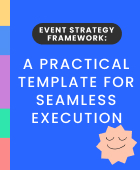
FAQs – Event planning tools
1. How do integrated event planning tools improve event ROI?
Integrated tools streamline workflows, enhance attendee engagement through personalized interactions, and provide actionable insights through real-time analytics, significantly improving event ROI.
2. What makes momencio’s Universal Lead Capture technology unique?
momencio’s ULC technology stands out for its ability to capture and enrich lead data automatically, operate independently of event-specific APIs, and integrate seamlessly with CRM systems, ensuring high accuracy and efficiency.
3. Can user-friendly event planning technologies really impact event success?
Absolutely. User-friendly technologies reduce the learning curve, enable quicker adoption, and allow event professionals to focus on strategic tasks rather than technical complexities, leading to more successful events.
4. How important is data integration in event planning tools?
Data integration is crucial for a holistic view of event performance, enabling better decision-making, streamlined lead management, and personalized attendee experiences, which are essential for successful event outcomes.
5. Are personalized microsites effective in post-event engagement?
Yes, personalized microsites provide a tailored experience for each attendee, automating follow-up processes and enhancing engagement and relationship-building after the event.
The landscape of event planning is continuously evolving, with technology playing a pivotal role in defining the standards of efficiency, engagement, and overall success. As we’ve explored, tools that offer integration, automation, and a user-friendly experience stand at the forefront of this evolution. By adopting these event planning tools, event professionals can not only meet but exceed the expectations of their clients and attendees, ensuring memorable and impactful events.
momencio – event tool for sales
For event planners and marketers aiming to elevate their event management game in 2024, exploring and integrating tools like momencio can be a game-changer. With its suite of advanced features designed to streamline event engagement, enhance attendee engagement, and provide actionable insights, momencio is poised to transform how events are planned and executed.
Ready to revolutionize your event planning strategy? Book a demo with momencio.
